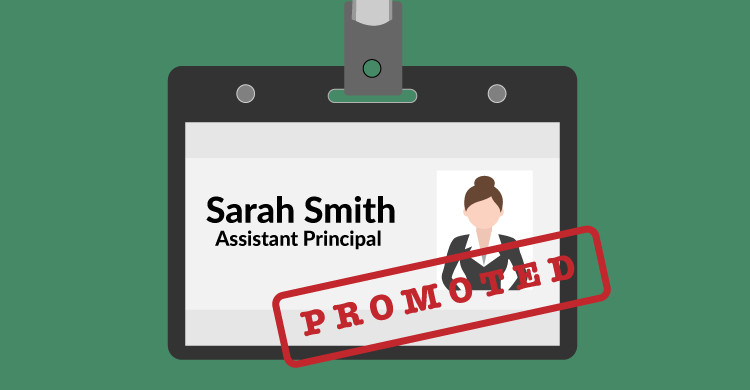In 2001, the National Association of Secondary School Principals wrote: “It is estimated that in the next decade 40 percent of today’s principals will retire. School leaders who are retiring are not being replaced by enough qualified candidates,” (NASSP, 2001). Since then, several articles have been written and research conducted to show that school leadership is linked to student achievement. Finding qualified school leaders is more important than ever if we are to accomplish the ongoing task of improving schools.
In many school districts, this is the time where application processes begin to open up for potential assistant principal or principal vacancies. Not only school leaders should be qualified, but having an extensive knowledge and experience with PLC’s would help today’s school leader tremendously.
So, if you are qualified, and you know and understand PLC’s, then make a decision of whether or not to enter administration and become a principal. It is difficult for a sitting principal to help support teachers or assistant principals if they do not know what they want to do next in their careers. Only you can decide—others can’t make that decision for you.
Once you have made the decision to become an assistant principal or principal, the best advice I can give is to start acting like it. If you are a teacher wanting to become an assistant principal, start thinking and speaking like an assistant principal. Take initiative to solve school wide concerns. For example, if you know a particular PLC in your school has been struggling, take the initiative to work with them as a coach or support that PLC to help them become successful. Take the initiative to gain as much experience as you can outside of your classroom—don’t wait around for someone to give that experience to you.
I would recommend looking at the specific standards that school leaders are evaluated by in your particular school system. For example, in Georgia, our school leaders are evaluated on a leadership keys system with eight standards: instructional leadership, school climate, planning and assessment, organizational management, HR management, teacher/staff evaluation, professionalism, and communication/community relations (Georgia Department of Education, 2015). Purchase a journal or a binder with a tab for each of the standards and then begin journaling stories or experiences that relate to each specific standard. This will help you in two ways. First, you will soon realize the areas in which you need to gain more experience. Second, this will be the best preparation for your future interview. It is never too early to begin preparing for that interview.
In summary, if you have been thinking about school administration, try doing the following:
- Make a decision! Going back and forth and being indecisive about your career path is not helpful
- Take initiative, solve school wide problems, contribute to the school’s strategic plan
- Start journaling and writing your stories and experiences under specific leadership categories
References:
NASSP (2001). Principal Shortage. Retrieved from https://principals.org/who-we-are/board-of-directors/position-statements/principal-shortage?SSO=true
Georgia Department of Education (2015). Leader Keys Effectiveness System. Retrieved from https://www.gadoe.org/School-Improvement/Teacher-and-Leader-Effectiveness/Documents/FY15%20TKES%20and%20LKES%20Documents/2014-2015%20LKES%20Fact%20Sheets%20-%20formatted%206-26-14.pdf.
[author_bio id=”160″]






